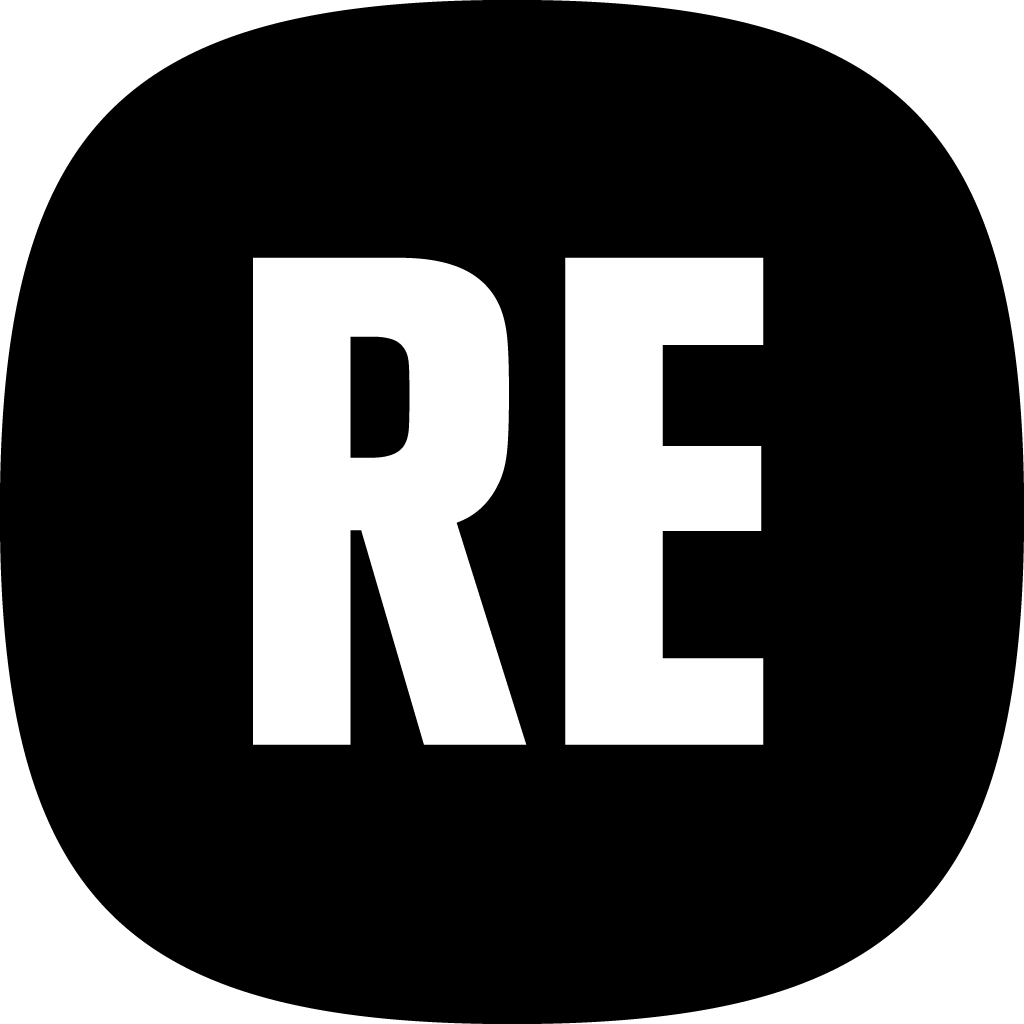RECHARGE ReCap: First FARO Convention International Conference 2024
In January, Isabel Beirigo and Kelly Hazejager from NISV attended the first FARO Convention International Conference on ‘Transforming through Co-Creation: Participatory Heritage Practices Tackling Urban Challenges’. Here they hosted a workshop on participatory cultural business models, sharing learning from the project RECHARGE. In this blog they share their conference highlights.
FARO CONVENTION INTERNATIONAL CONFERENCE
The Netherlands government recently signed the FARO Convention, or the Convention on the Value of Cultural Heritage for Society (2005) in January 2024. It is a framework convention by the Council of Europe that emphasises the role that cultural heritage can play in sustainable development and democracy. It aims to protect the rights of citizens to access and participate in cultural heritage. The core idea is that the uses and meaning people give to heritage are more important than the objects and places themselves: what makes heritage valuable is the engagement of the community.

Susan Fayad giving her keynote, “Valuing Ballarat: Implementing HUL approach community engagement tools in practice”
In this first international conference about the FARO Convention hosted by the UNESCO chairs of FAUP and TU Delft, the programme was structured across three domains: Education, Research, and Practice. Discussions on methods, terminology, and case studies were interwoven throughout. Many speakers addressed challenges with implementing participation, and critiques on how participation is approached by institutions and organisations. This included the more familiar difficulties of getting sufficient funding and human resources to support participation, but also criticisms of the current role of the expert or organiser of participation. Presentations such as those on ‘participation fatigue’, ‘uninvited participation’, consensus and conflict, and who the heritage ‘community’ is actually composed of were crucial in the reflection on power and its hierarchies. While cultural heritage professionals and institutions may want to implement (more) participation, their approach and mindsets can in some cases lead to maintaining and even reinforcing a power imbalance where only certain people are invited or feel welcome, and only certain processes or decisions are open to external - and anyway controlled - input.
Some highlights from the conference programme include Laura Castro's opening remarks, highlighting the challenges of integrating participatory approaches into cultural heritage work; and architectural historians Iris Burgers and Esther Starkenburg’s presentation, ‘Invited and uninvited public participation, and why both matter: Dutch lessons from the past’, which challenged us to include activism, protest and ‘vandalism’ in our understandings of participation to respect the autonomy of people.
Several presentations also explored how different technologies can be used to facilitate or understand participation, such as the ‘serious gaming’ approach with the use of Minecraft in HeritACT and MIMOMO FARO, the use of AI to explore Flickr photos as an input for a participatory process, and how cultural observatories can change to foster dialogue, community participation and co-creation.
The technical visit to the URBiNAT Project Healthy Corridor was also very impactful as we got to see the participatory process in practice, bringing together the local community, experts, and governance in revitalising an unsafe urban space into a corridor for health, culture, and social interaction .

Technical visit to the URBINAT Project Healthy Corridor, guided by Gonçalo Canto Moniz, Principal Coordinator of the EU H2020-funded URBiNAT project Centre for Social Studies
To all cultural heritage professionals, the challenge remains to reflect on their own actions and the power, albeit limited, that lies in their hands, and to channel energy and commitment towards ensuring that participatory processes extend beyond the surface and become the core of any cultural institution's business, in a permanent and sustainable manner.
RECHARGE WORKSHOP

Kelly introducing the RECHARGE project during the workshop on developing participatory cultural business models
As RECHARGE aims to provide and test sustainable financial models for fully integrating participation into the work of cultural heritage institutions, we hosted a workshop titled “Tapping into Corporate Social Responsibility: Developing Participatory Business Models to Tackle Urban Challenges with Communities and Corporates”. Jill Cousins, the CEO of the Hunt Museum, Kelly and Isabel hosted the workshop and guided the participants through three scenarios describing urban changes and challenges. Key stakeholders were introduced in the scenarios, describing how cultural heritage institutions, local businesses, and the local communities would like to collaborate.
In one of the scenarios, an urban city area is struggling with rising CO2 emissions and the impact this has on both the environment and residents. The historic city museum, a local technology company working on renewable energy, the museum visitors, and the local community want to work together to create an exhibition on the historical impact of CO2 emissions on the urban landscape, such as the heat island effect or reduction in air quality, and to develop solutions to reduce carbon footprints.

Workshop participants filling in the Participatory Cultural Business Model (PCBM) as they discuss their hypothetical project ideas
Using the Participatory Cultural Business Model (PCBM) canvas, the participants developed and structured their hypothetical project ideas for how the key stakeholders could work together with heritage organisations to address these urban challenges. Some of the participants had never used a business model canvas before, so they appreciated how this tool helped develop a holistic overview of their (hypothetical) project. They considered factors like financial sustainability and social value proposition.
By mapping aspects like the needs of stakeholders, the relationships needed with beneficiaries and users, and social benefits or costs, it can foster a better understanding of the role of participation and engagement. As feedback, the participants shared that this workshop helped them realise the importance of thinking about the economic value of participation, that it can bring benefits as well as costs.

Share